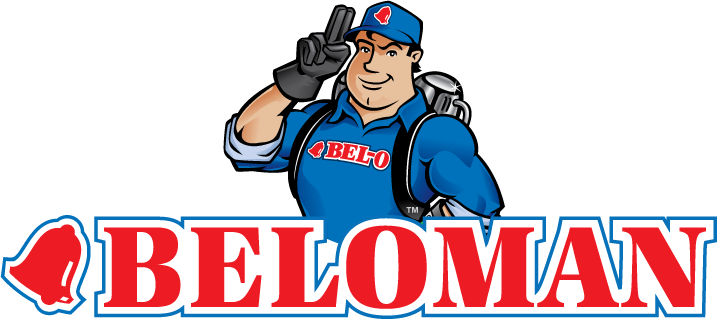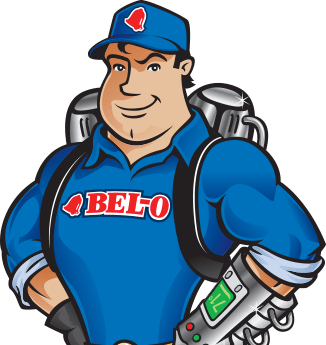Should You Flush Your Used Cat Litter?
Many flushable cat litter brands are advertised as being environmentally friendly. This is because they’re typically made of biodegradable materials like wood, corn or paper. In reality, flushable cat litter can cause huge plumbing problems in your home and down at the sewage treatment plant. Keep this important information in mind when deciding how to dispose of your cat’s used litter.
Hazards of Flushable Litter
Most, if not all, cat owners can agree that cleaning out the litter box is a smelly and unpleasant chore. It usually requires scooping out the urine clumps and feces and adding more litter. The used litter is thrown away with your regular garbage.
Litters made of natural, eco-friendly ingredients are slowly gaining popularity. These options are better at neutralizing odors and lowering the amount of dust in your home. They can also be disposed of in more environmentally friendly ways. From composting to filling up your garden beds, natural litter options with no additives can be better for your home and household.
However, with these new litters come new hazards. Many natural litter brands have started advertising their products as septic safe. While these cat litter products may be biodegradable, they should never be flushed down your pipes. Here are a few of the significant issues you may face if you dispose of your used cat litter in your toilet.
Causes Serious Clogs
Natural litter is typically made of dried materials like wood shavings or corn pieces. When introduced to water, these pellets expand, allowing them to clog your toilet and pipes. Cat feces are often left in the box for several hours, hardening into petrified clumps. These clumps are much harder than human waste, increasing the risk of clogs.
If you happen to have a water-saving toilet, you may have to flush it several times to wash away all the litter and feces. This increases your water costs and can take more time than if you disposed of the litter in your trash or compost pile.
Impacts Septic System Health
Not all biodegradable materials will break down efficiently in your septic system. Toilets are only meant to handle human waste and toilet paper. When other objects are added like flushable wipes or litter, you make it harder for your septic system to process your home’s waste.
Many septic systems also aren’t able to break down hard objects like cat feces or litter. Even if your system is capable, you may still be faced with unknown bacteria strains and clogs. When your system’s bacteria levels aren’t healthy or clogs occur, you may struggle with frequent sewage backup and unpleasant smells in the home.
Introduces Harmful Parasites
Flushing pet waste presents unique dangers to the environment and local water supply. The Environmental Protection Agency even classifies pet waste as a pollutant due to its bacteria and viruses.
Cats are one of the most common hosts for a parasite called Toxoplasma gondii. Millions of people in the United States have been infected with this parasite thanks to their cats. Fortunately, healthy adults and cats often display very few symptoms. This infection is most dangerous to individuals who are immunocompromised.
When infected feces are flushed down the toilet, it allows parasites into your septic system. Most sewage treatment centers aren’t equipped to remove this parasite, allowing it to move from the treatment center into the local water supply. Flushing infected cat litter has even been found to impact coastal wildlife like sea otters.
Safe Cat Litter Disposal
Unless you bring your cat to the vet for a blood test, you likely won’t know they’re infected with Toxoplasma gondii. The safest way to dispose of your cat’s litter without risking environmental contamination is to throw it away in a sealed bag. You can also dispose of your used pine, grass seed or paper litter products by utilizing them in your flower gardens or compost pile. Be sure to fully remove any solid waste, and keep the litter away from where you grow food.
HVAC and Plumbing Services
BELOMAN is a trusted provider of home comfort in Belleville, IL and surrounding areas. Our footprint includes Madison, St. Clair, Monroe, and Randolph counties. We are licensed, bonded and insured with over 60 years of industry experience. Count on us to clean your drains, complete plumbing repairs and service your water heater. We can also maintain, repair and replace your heating and cooling systems. Additionally, we offer architectural metal services. Contact BELOMAN today to schedule your appointment.







